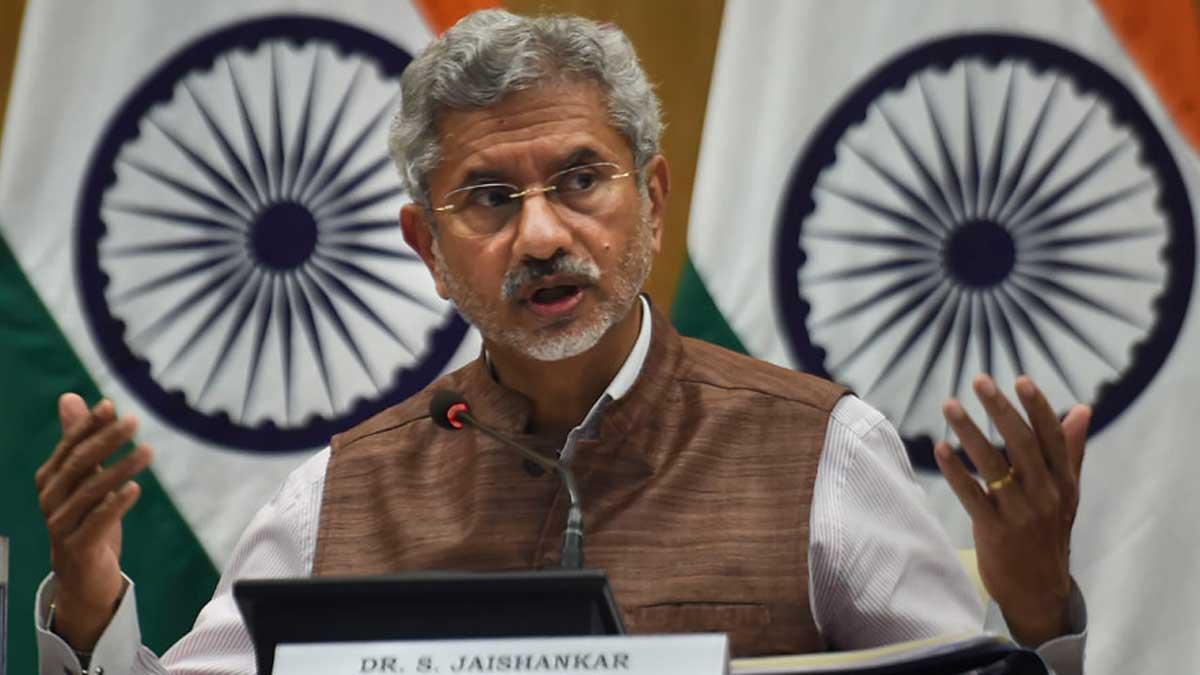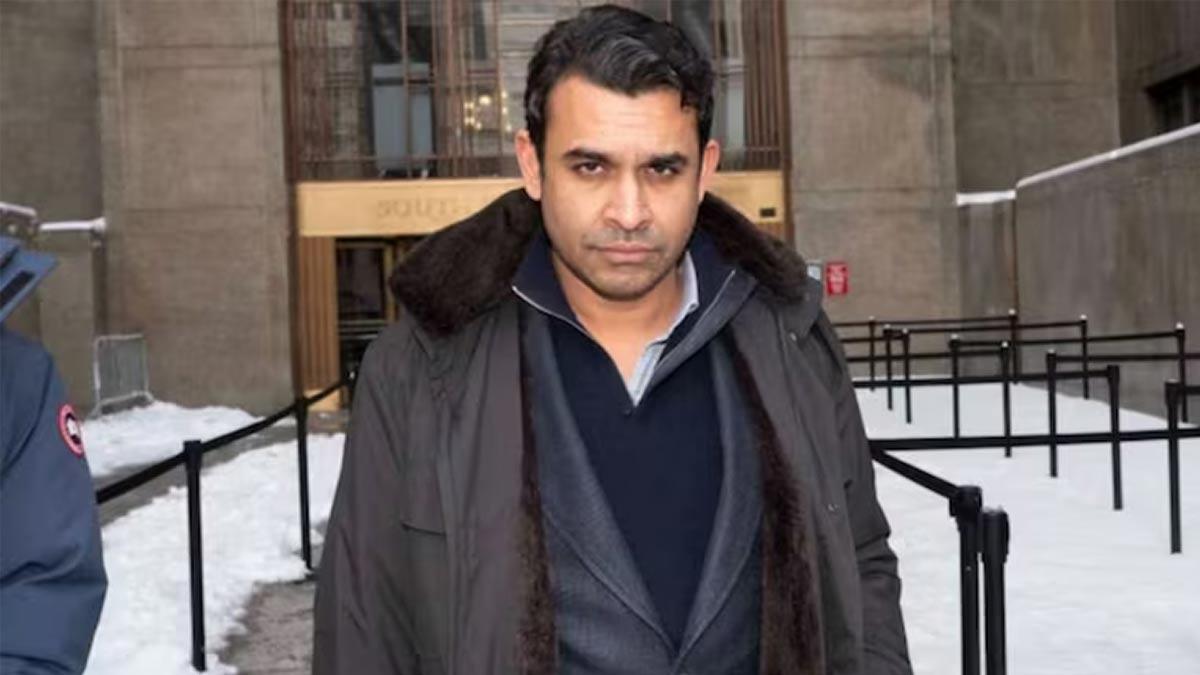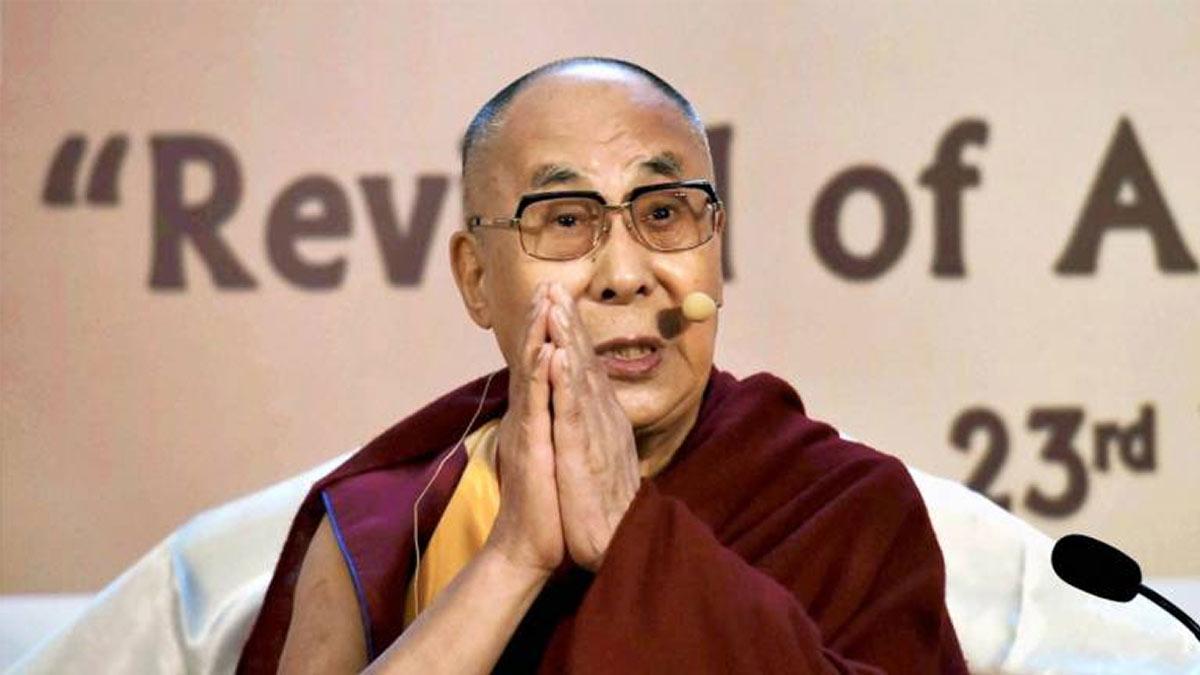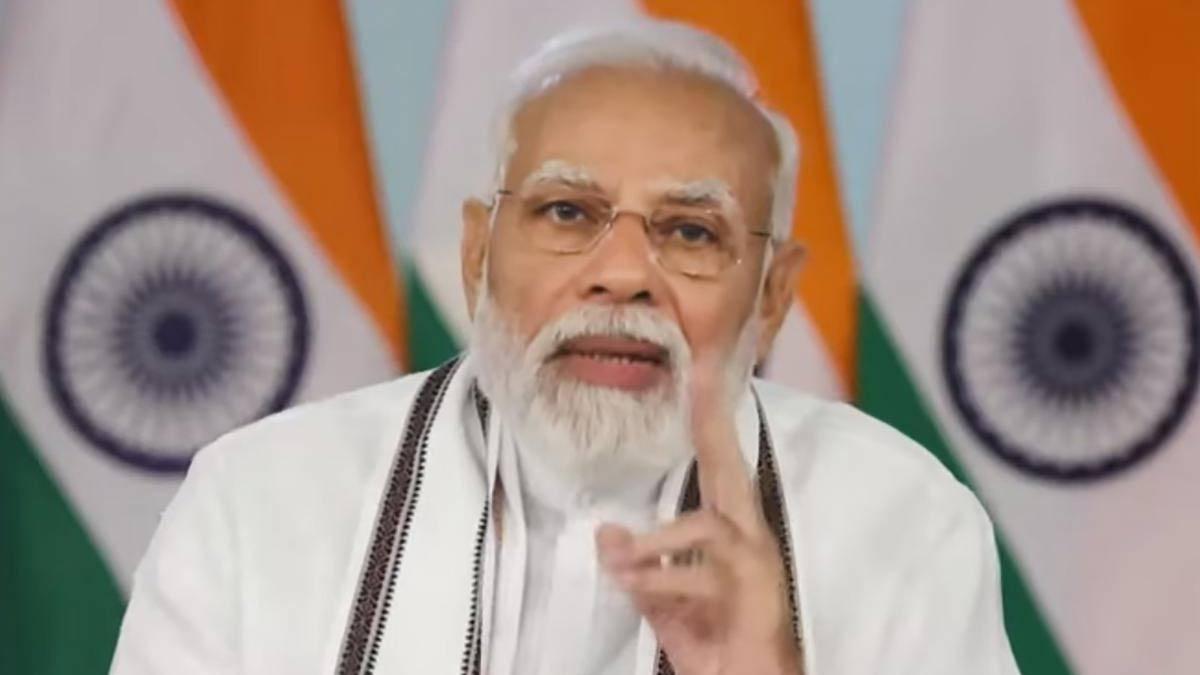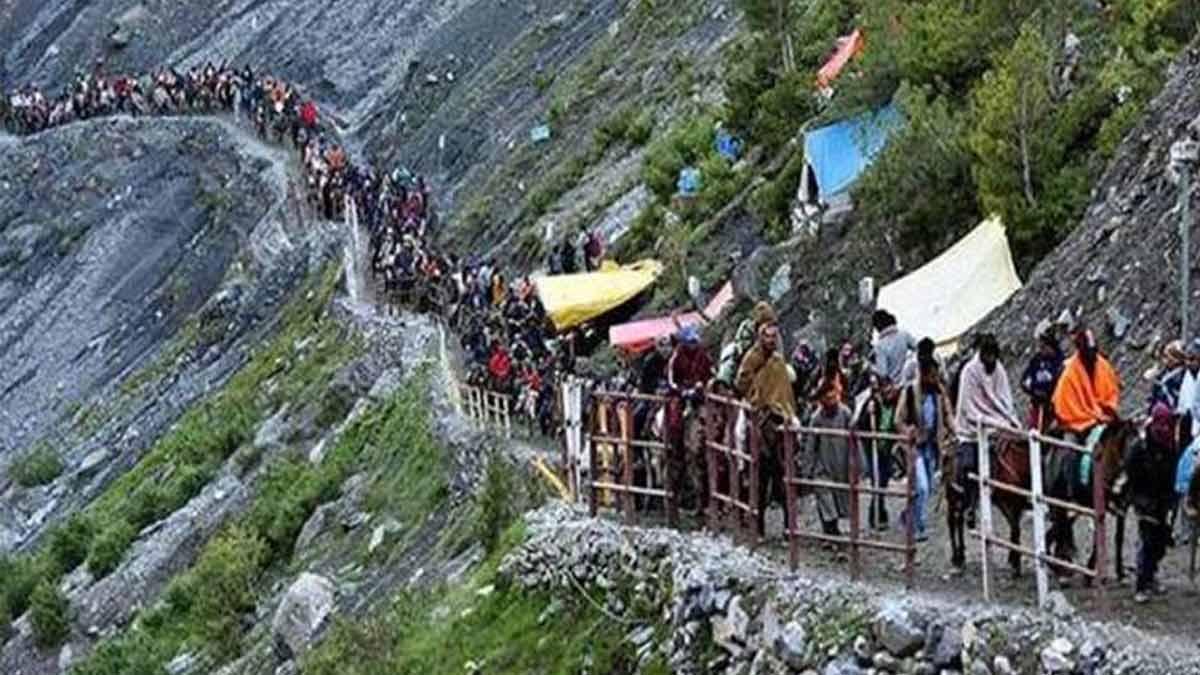Taking a subtle dig at China, S Jaishankar, the External Affairs Minister, emphasized on Sunday that terrorism remains terrorism regardless of language or justification. Addressing members of the Indian community in Singapore, Jaishankar underlined the importance of not excusing or defending terrorism under the guise of linguistic or conceptual differences.
Responding to queries regarding how Indian diplomats navigate sensitive issues with their international counterparts, Jaishankar highlighted the diverse cultural and linguistic backgrounds that nations bring to diplomatic discussions. He emphasized the essence of diplomacy in reconciling differing viewpoints to reach common ground.
Jaishankar reiterated that certain issues, such as terrorism, demand unequivocal clarity. Drawing attention to this point, he emphasized, "A terrorist is a terrorist in any language." This statement seemingly targeted China's consistent obstruction of proposals by India and the US at the United Nations Security Council to designate Pakistan-based terrorists like Sajid Mir from Lashkar-e-Taiba.
While acknowledging legitimate differences in viewpoints between nations, Jaishankar cautioned against using these differences as excuses or justifications for unacceptable behavior. He stressed the importance of discerning genuine disagreements from attempts to obfuscate issues.
During his discourse, Jaishankar revisited the historical ties between India and Singapore, tracing back to the days of the independence struggle when Subhas Chandra Bose rallied the Indian National Army with the famous "Delhi Chalo" call. He hailed Bose as an enduring inspiration for India.
Highlighting the evolving relationship between India and Singapore from the Look East Policy to the Act East Policy and eventually India's active presence in the Indo-Pacific region, Jaishankar underscored Singapore's crucial role in India's globalization journey. He emphasized the deepening ties between the two nations across various domains, particularly in business and commerce.
Jaishankar also briefed the Indian diaspora in Singapore on India's rapid infrastructure development and its role as a global friend. He reiterated India's commitment to safeguarding its citizens worldwide, citing examples from Ukraine to Sudan. Emphasizing India's diplomatic prowess and its willingness to take tough decisions for its citizens' welfare, Jaishankar portrayed India as a responsible global actor.
He highlighted India's altruistic endeavors during the COVID-19 pandemic, including vaccine supply to numerous countries and substantial aid to nations facing economic crises. Additionally, he showcased India's proactive role in maritime security, particularly in combating piracy in the Indian Ocean.
Attendees at the interaction, such as Nimit Shedh from the Singapore Gujarati Society and Puneet Pushkarna, a Singapore-based businessman, lauded Jaishankar's insightful address, expressing pride in India's progress and global standing under his leadership.
Read also | China Deports Notorious Gangster Prasad Poojary, Placed in 14-Day Police Custody
Read also | Detention of IIT Student Allegedly Joining ISIS in Assam: Authorities

